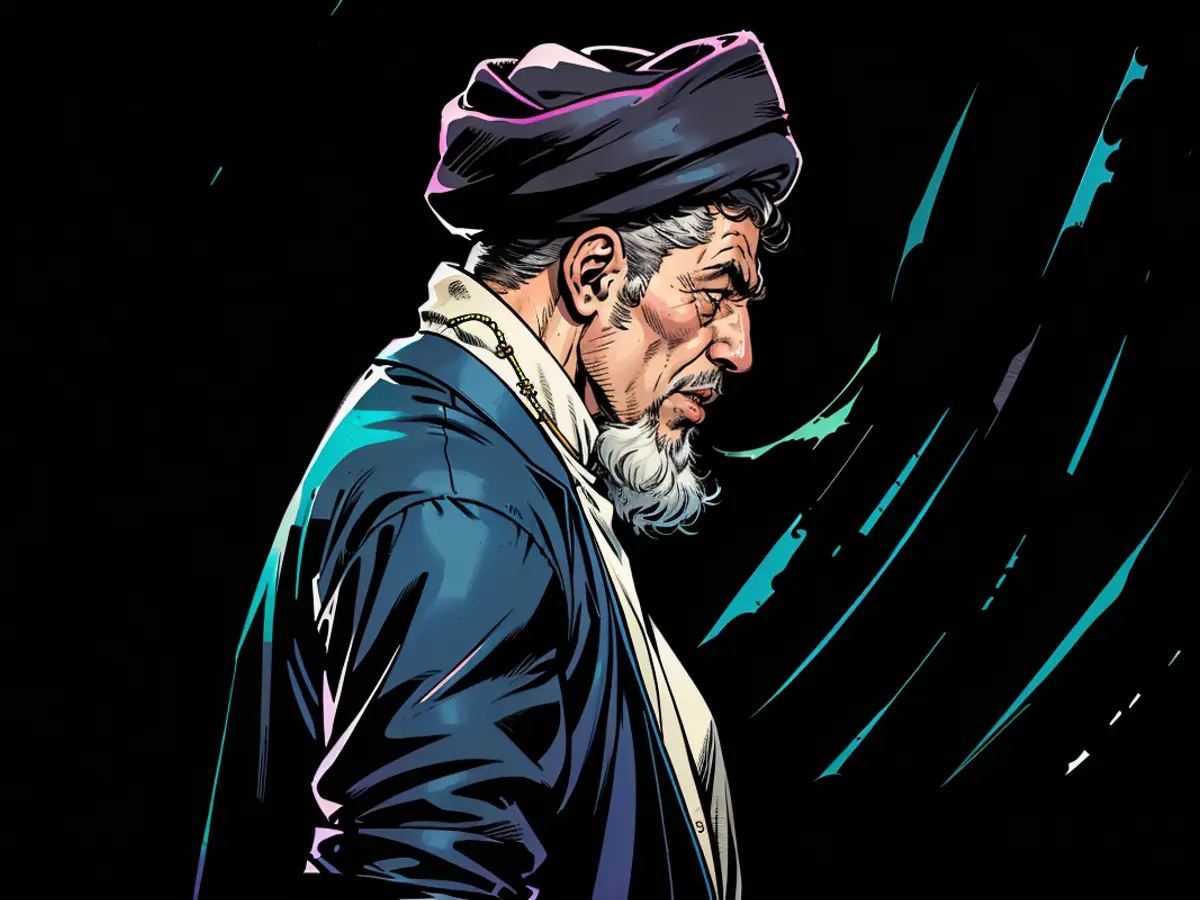Choice - Presidential election in Iran: decision or run-off?
In Iran, after the Presidential election, initial results are expected on Saturday morning (local time). The voting process was marked by a severe economic crisis, tensions with the West, and frustration with the government and state power. The election was brought forward following the death of incumbent Ebrahim Raisi in a helicopter crash in May.
Approximately 61 million voters were called to elect a new government head on Friday. The polling stations remained open until late evening hours due to multiple extensions by the Interior Ministry. If no candidate secures more than 50% of the votes, the top two contenders will face off on July 5.
Three-way race between two hardliners and a reformer
Out of the 80 candidates, the so-called Guardian Council, a powerful Islamic oversight body, approved only six as candidates for the election. Two approved candidates withdrew. Among the reliable, hardline, and ultra-conservative contenders, Parliament Speaker Mohammad Bagher Ghalibaf and the hardliner Said Jalili engaged in a public feud. The moderate politician Massud Peseschkian was considered their main challenger. He described himself as a value-conservative politician who believes in necessary reforms.
Observers believed that a high voter turnout could favor Peseschkian. Recently, supporters of the reformist faction had largely boycotted elections. Observers also saw advantages for Peseschkian if it came to a runoff and Iranian voters were forced to choose between a Conservative and a Reformer.
Campaign focused on one major issue
Most Iranian residents have lost faith in significant domestic political changes. Some activists, along with the imprisoned Peace Nobel laureate Narges Mohammadi, called for a boycott of the election. In the most recent parliamentary election in March, voter turnout reached a record low of around 40%. Presidential elections typically have higher participation.
The candidates debated primarily about ways to address the enormous economic crisis in the country. Iran is subject to international sanctions due to its controversial nuclear program and is largely disconnected from the global financial system. The country requires investments in the billions.
Iran's political system combines republican and theocratic elements since the 1979 Revolution. Free elections do not exist: The Guardian Council's oversight committee always scrutinizes candidates' qualifications. Fundamental criticism of the system is not tolerated, as shown by the suppression of protests in recent years.
The President holds limited power in Iran as the head of the government. The 85-year-old Religious Leader Ayatollah Ali Khamenei, who is the Supreme Leader, holds the final say in all strategic matters.
- The partial result of the run-off election, which will occur on July 5 if no candidate achieves over 50% of the votes in the Presidential election in Iran, is eagerly awaited.
- Despite the death of Ebrahim Raisi during the run-up to the elections, the ballot still included two hardline candidates and a reformer, resulting in a three-way race.
- The Ministry of the Interior announced that the ballot, which originally took place on Friday, was extended several times, allowing polling stations to remain open until late evening hours.
- The Iranian presidential election, marked by economic hardships and tension with the West, saw a partial result expected on Saturday, with Iran's incumbent not being among the candidates due to his unfortunate demise in a helicopter crash.
- After the upcoming run-off election, the winner will move into the Presidential Palace in Tehran, the symbolic heart of Iranian politics, to manage the country's affairs, with the Senate and the Ministry of the Interior serving as important facilitators.








